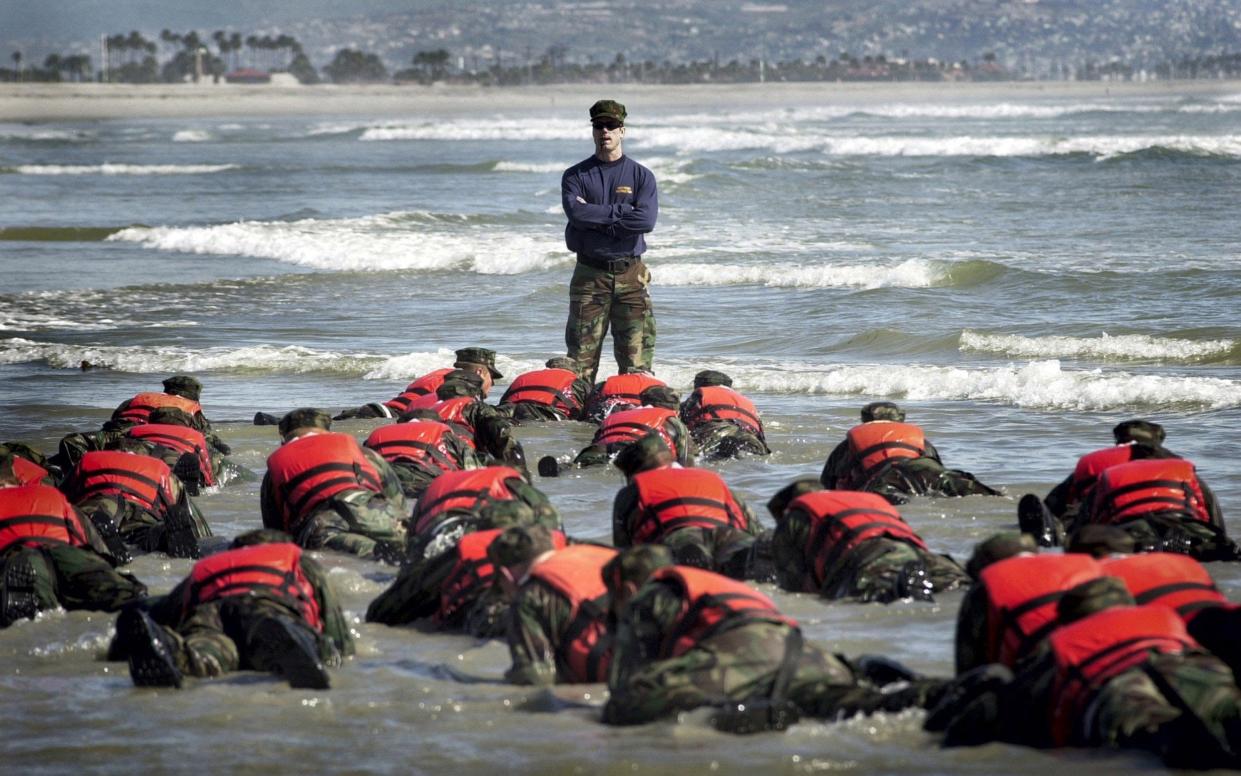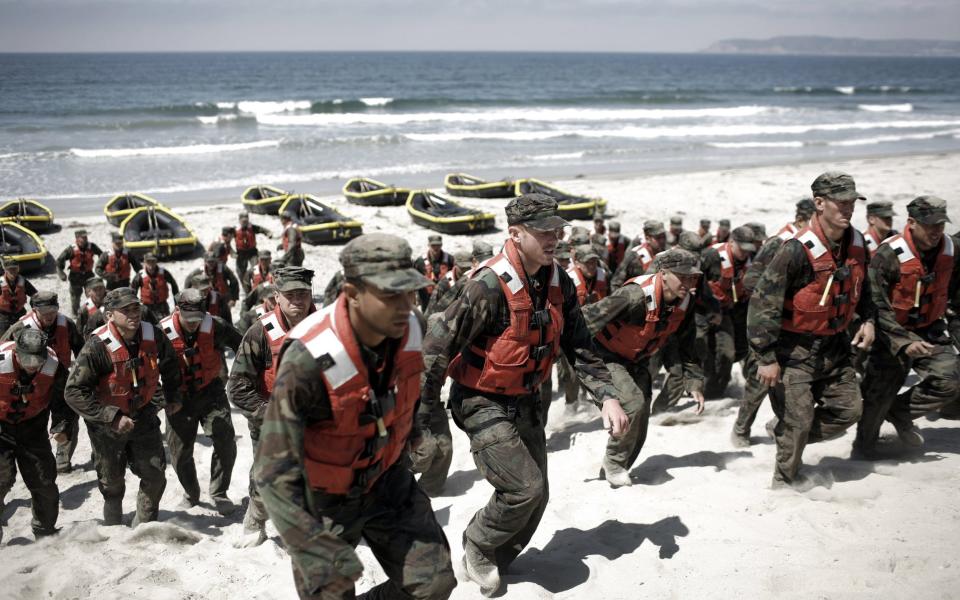US Navy Seal recruits take steroids to pass brutal commando test, report finds

US Navy Seal recruits have been turning to steroids to help them pass the brutal “Hell Week” commando selection test, an official report has found.
The inquiry was launched following the death of Kyle Mullen, 24, who collapsed and died of acute pneumonia hours after completing the five-and-a-half-day test last year.
The test is the toughest training in the US military. It sees applicants endure gruelling training on fewer than four hours of sleep.
A 200-page report by the Naval Education and Training Command found candidates felt pressured to use performance-enhancing drugs to help them keep going and would push themselves and not tell medical staff or leaders about injuries.
Candidates had interpreted a comment made by one of Mr Mullen’s instructors made as implicit endorsement of using the drugs.
He told the class those who graduate include “steroid monkeys and skinny strong guys. Don’t use peds [performance-enhancing drugs], it’s cheating, and you don’t need them. And whatever you do, don’t get caught with them in your barracks room”.

The use of performance-enhancing drugs has been a persistent problem. Investigations in 2011, 2013 and 2018 into suspected steroid use by Seal candidates led to requests for enhanced testing.
While there was no evidence Mr Mullen had taken performance-enhancing drugs, he had an enlarged heart that contributed to his death.
According to the report, Mr Mullen told his mother that he was thinking about buying some performance-enhancing drugs, “because he did not want to be at a disadvantage since many other candidates were taking peds”.
It said his mother encouraged him not to. Following his death, vials and syringes of drugs were found in his car and his phone also had text messages discussing their use and attempts to buy them.
Barracks are subject to routine inspections, which the report said were done about once a week during Mr Mullen’s class, and it noted several instances where the drugs were found or sailors admitted to their use.
The report found medical care was “poorly organised, poorly integrated and poorly led and put candidates at significant risk”.
It said flaws in the medical programme “likely had the most direct impact on the health and well being” of the Seal candidates and “specifically” on Mr Mullen, whose death may have been preventable.
Regina Mullen, Mr Mullen’s mother, a registered nurse, said: “Looking at the egregious failures that went on, there needs to be serious accountability.”
Changes being implemented by the service include doing more drug testing and heart screenings.

